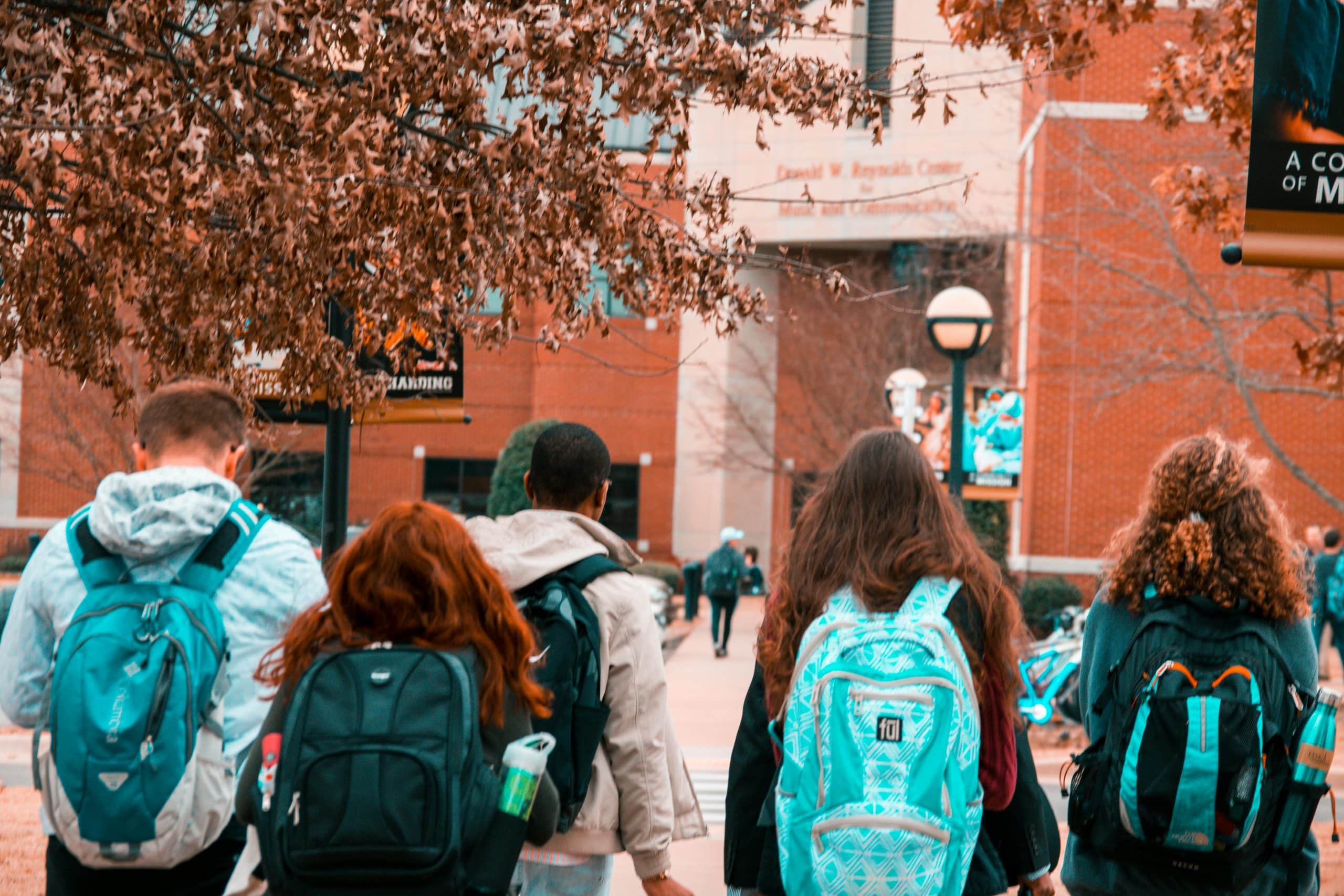
Experts say the decline in college enrollment threatens the broader landscape of higher education, which relies on the talent and diversity of students, faculty and staff to thrive. (Photo/Pexels.com)
This story was originally published by Indiana News Service (INNS), part of the Public News Service network.
By Joe Ulery, producer
Indiana News Service
April 9, 2024
Amid a nationwide decline in college enrollment, schools and policymakers are being urged to prioritize student concerns,especially in conservative states like Indiana.
Findings from a new Gallup poll show college students want to be able to talk about different topics and viewpoints, rather than limiting what professors can teach. Indianapolis-based Lumina Foundation released the poll jointly with Gallup.
Courtney Brown, vice president of impact and planning for Lumina Foundation, said across various demographics – age groups,genders and political affiliations – there are some common themes.
“What we found across the board is that students want to attend an institution in a state that has more restrictive policies regarding guns on campuses, and less restrictive policies on reproductive rights and teaching certain viewpoints or divisive topics,” Brown said.
Brown added it’s important for schools to create environments that that prioritize safety, inclusivity and academic freedoms. In the poll, 76%of respondents said state legislation that restricts discussion of”divisive topics” would be a factor in their choice of where to enroll.
The poll focused on people who started their college journeys and didn’t graduate, but are considering going back to school. A majority said their top priorities are cost, flexibility and quality of education. But Brown noted they are also weighing issues like guns on campus, reproductive healthcare and states’ restrictions on curriculum, to ensure they’d feel comfortable with their college choice.
“Many students don’t get the opportunity to leave their state. If their states have laws and policies that are counter to what the student wants, this can create some problems. Either the student isn’t going to attend, or they’re going to feel uncomfortable attending and they may not stay,” she continued.
The U.S. Supreme Court ruling that ended affirmative action is still reverberating. About three-quarters of Asian respondents and just over half of Black respondents polled said that decision will influence where they decide to pursue their degree.
Disclosure: Lumina Foundation for Education contributes to our fund for reporting on Education.
Public News Service is an independent, member-supported news organization providing “news in the public interest” through a network of independent state newswires. Our journalists report on a broad spectrum of public interest topics with the goal of promoting an informed citizenry to support vibrant, equitable, and participatory communities – ultimately leading to a healthier democracy.